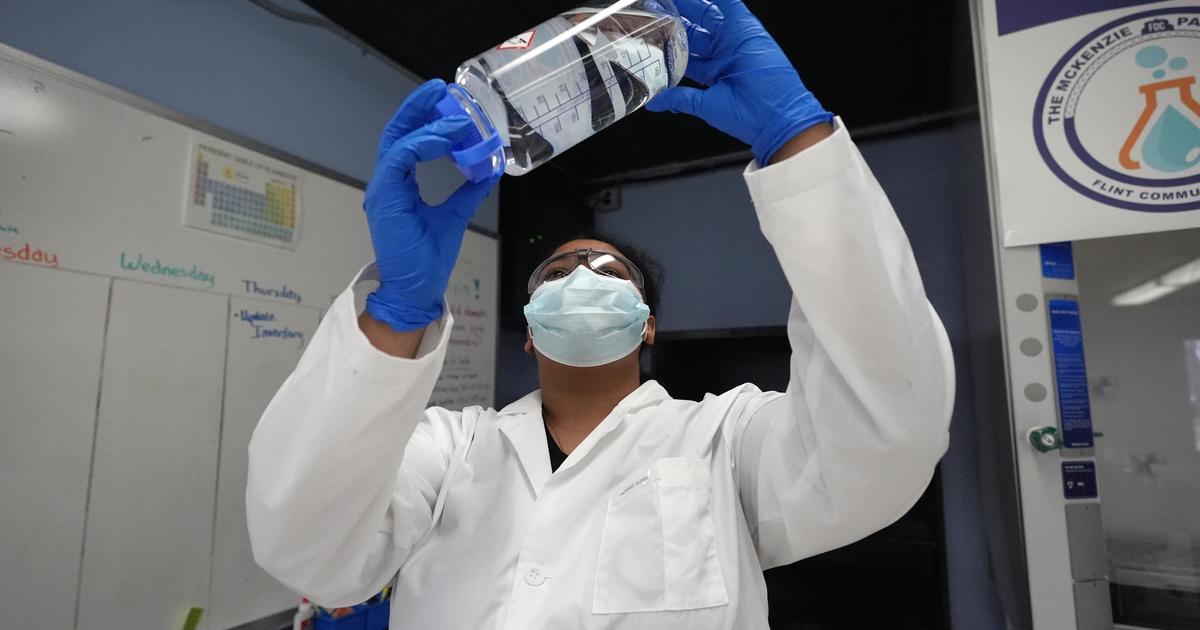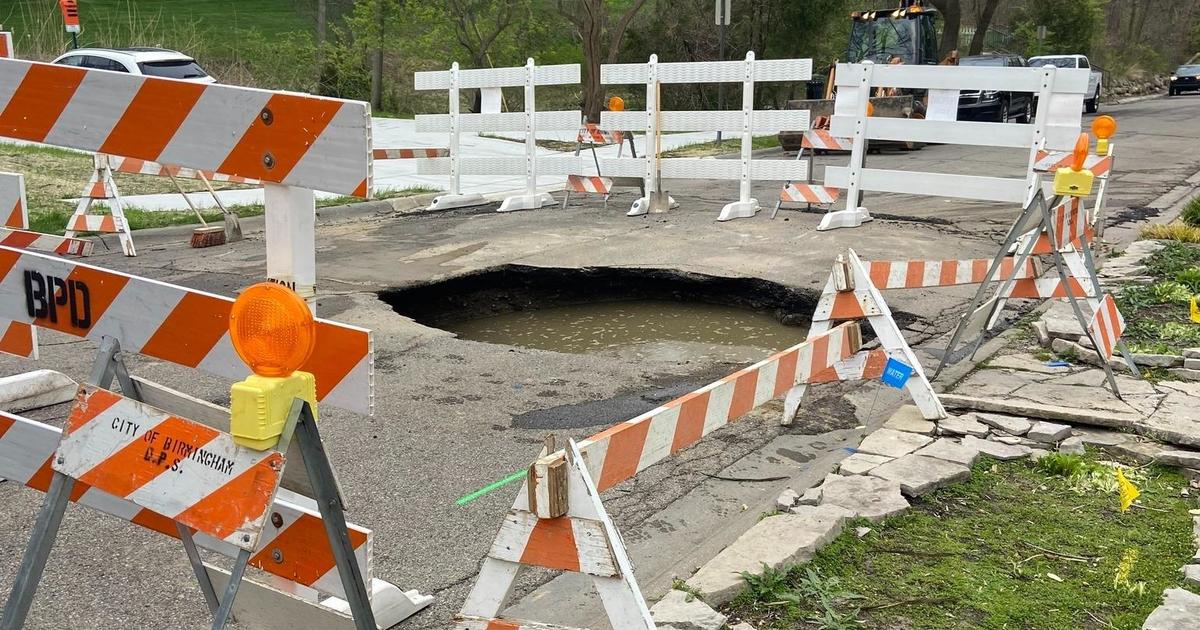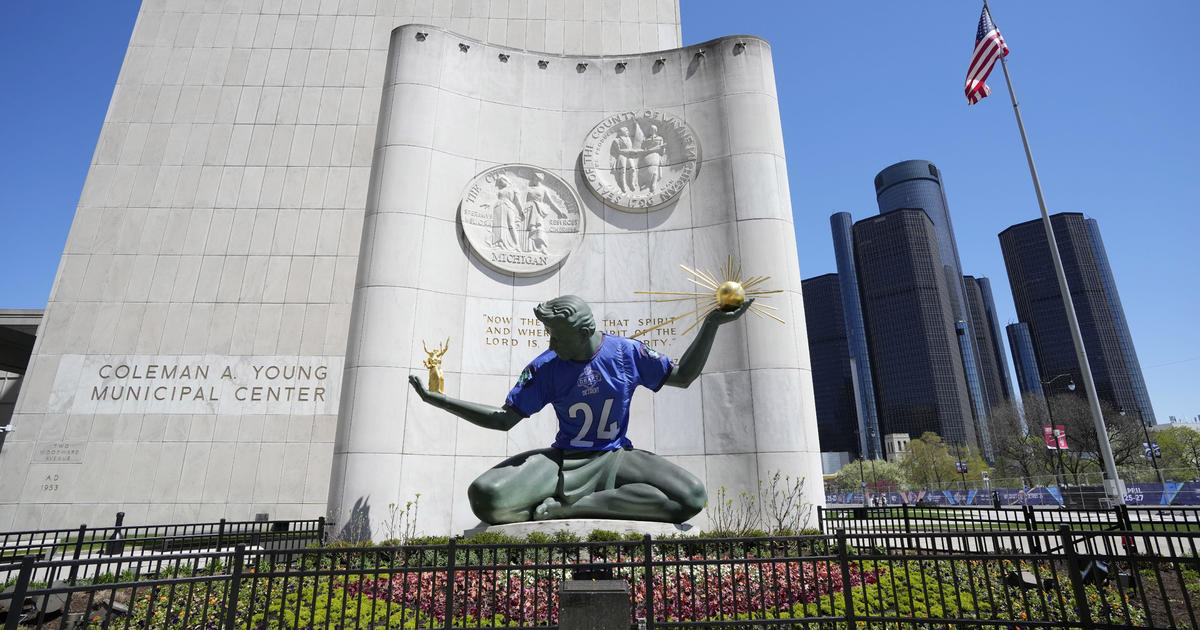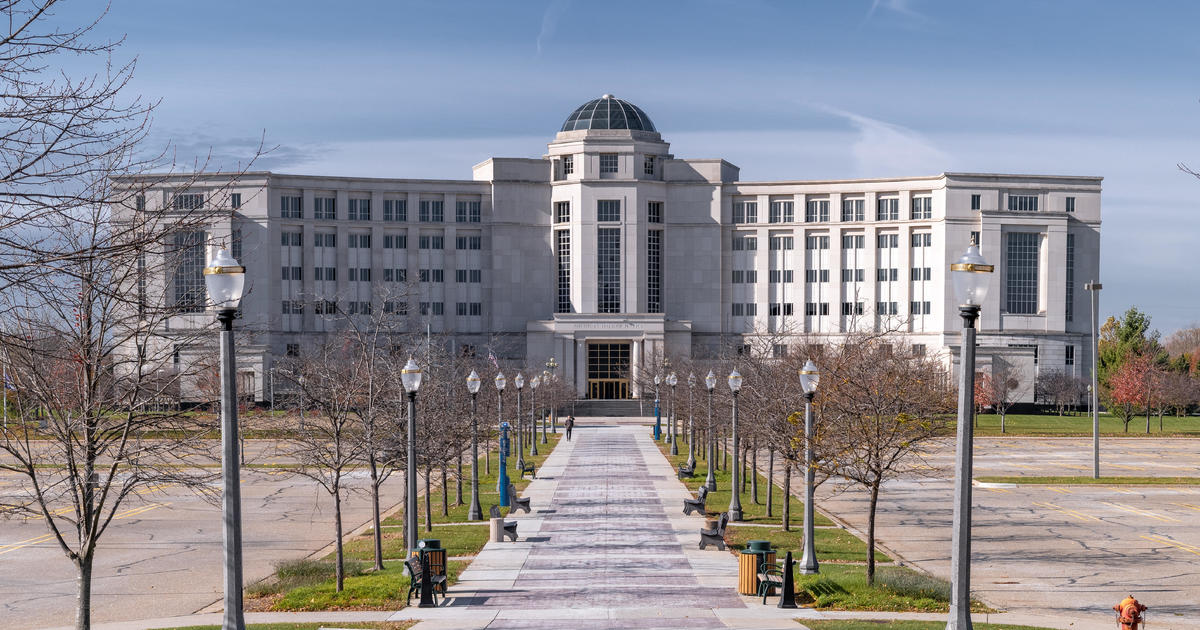Slimmed-down Cheboygan Hospital To Reopen Monday
TRAVERSE CITY (AP) - A northern Michigan hospital that closed amid bankruptcy six weeks ago partially reopens Monday, restoring emergency and diagnostic services along with fewer than half the jobs it previously provided.
The former Cheboygan Memorial Hospital closed April 3 after a proposed sale to Flint-based McLaren Health Care collapsed because of federal certification and licensing snags. The deal was revived and approved in federal bankruptcy court after McLaren and the U.S. Center for Medicare and Medicaid Services resolved their differences.
The slimmed-down facility will be known as McLaren-Northern Michigan, Cheboygan Campus. It will function as a wing of McLaren-Northern Michigan, a 202-bed hospital in Petoskey.
No longer will the Cheboygan hospital offer inpatient care, and its nursing home won't be back. But it will have an emergency room and services such as CT scans, general radiology, nuclear medicine and lab testing. Minor surgical procedures that don't require overnight stays, such as colonoscopies and cataract surgery, will return near the end of May.
"I think this is exactly what the community needs," said Thomas Mee, McLaren Health Care's vice president of operations, who is serving temporarily as the Cheboygan campus' top administrator. "The loss of these services up here, even for this brief period, was devastating."
Restoring emergency service was the top priority because Cheboygan County has no other urgent-care facility, Mee said. Treatment requiring overnight stays will be provided at the Petoskey hospital, about 30 miles away.
Dale Stuart, city manager of Cheboygan, said the hospital's return was bringing "a big sigh of relief" to the Lake Huron town of about 5,000 near the tip of Michigan's Lower Peninsula.
The closure was a blow to the local economy and sense of security, he said. It was the biggest employer in mostly rural Cheboygan County, with a staff of 400. Shops, restaurants and other establishments reported a drop-off in business of 25 percent or more, said Matthew Friday, executive director of the Chamber of Commerce.
The reopened hospital will employ only about 150, including doctors, nurses, X-ray technicians and other staff, Mee said. Local leaders say they hope more jobs and services will be added but for now they're grateful to have a medical center again.
"It's not just the employees going back to work. There will be a trickle-down effect," Friday said. "They have to go to lunch, and the patients will need a place to eat and maybe do some shopping in our downtown district."
Having an emergency room within easy driving distance is important in a county where more than one in five residents is 65 or older, Stuart said. The area is a retiree magnet, with its woods, waters and small-town atmosphere.
"The day it was announced the hospital would close, I got a call from an elderly gentleman. He said, 'I'm going to have to move; I can't be this far from a hospital,'" Stuart said. "There were probably a lot of people thinking the same thing."
Doctors affiliated with the Cheboygan hospital, whose offices were off-limits during the closure because the properties were tied up in the bankruptcy, will relocate from temporary quarters to the Cheboygan campus or nearby Indian River.
Shela Khan-Monroe, attorney for the Michigan Nurses Association, said the hospital will meet "the bare minimum" of the community's needs but that McLaren should try to restore inpatient treatment in the future. The group also is urging McLaren to retain as many of the 39 former Cheboygan staff nurses as possible.
"They know these patients, they know their families, they live in that community and they're best able to provide that health care," Khan-Monroe said.
(© Copyright 2012 The Associated Press. All Rights Reserved. This material may not be published, broadcast, rewritten or redistributed.)



